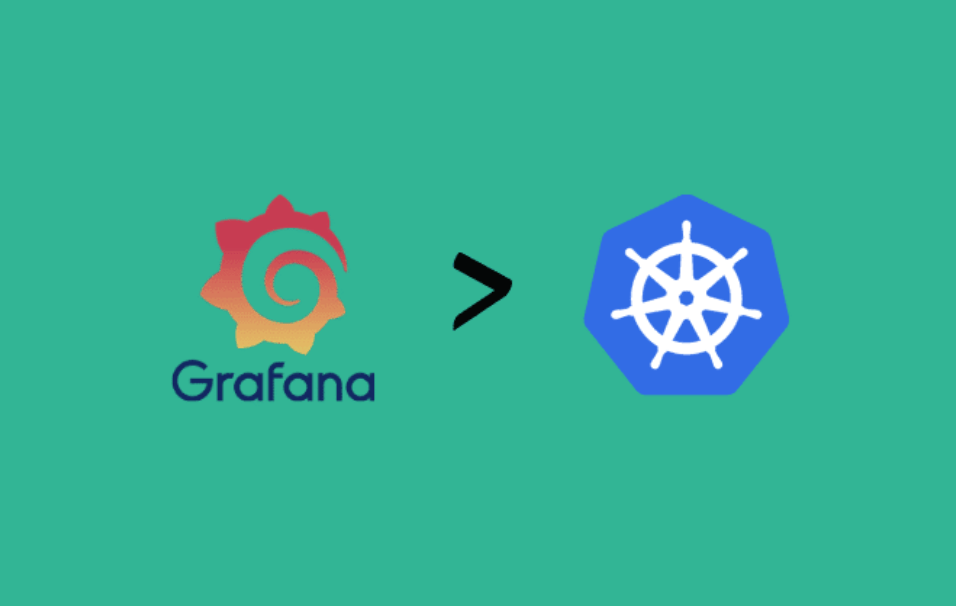If you’re looking to invest in Bitcoin, you’re not alone. Bitcoin has become one of the most popular and widely talked about investments in recent years. However, for beginners, understanding how to invest in Bitcoin can seem complicated. This guide is designed to help you take your first steps in the world of Bitcoin investment.
For further information on how online platforms can enhance your investment journey, you can read more about it on YesterNet.
What Is Bitcoin and Why Should You Invest in Bitcoin?

Bitcoin is a decentralized digital currency that allows for peer-to-peer transactions over the internet. It operates on a technology called blockchain, ensuring transparency and security. Many people choose to invest in Bitcoin as a way to diversify their portfolio, hedge against inflation, or even as a long-term investment strategy.
The value of Bitcoin can be volatile, but it also presents significant opportunities for profit. Understanding the fundamentals of Bitcoin is essential before you invest in Bitcoin.
Step 1: Choose a Reliable Cryptocurrency Exchange to Invest in Bitcoin
To begin your journey and invest in Bitcoin, you need to select a reliable cryptocurrency exchange. A cryptocurrency exchange is a platform where you can buy, sell, and trade Bitcoin. Popular exchanges include:
- Coinbase: Great for beginners and easy to use.
- Binance: Offers a wide range of cryptocurrencies.
- Kraken: Known for its strong security measures.
When you choose an exchange to invest in Bitcoin, look for one with good security features, low fees, and a user-friendly interface.
Step 2: Secure Your Account
Once you’ve selected an exchange, creating and securing your account is crucial. A strong, unique password, along with two-factor authentication (2FA), is necessary to protect your funds while you invest in Bitcoin. Many exchanges also offer additional security measures, such as withdrawal protection, to safeguard your investments.
Step 3: Deposit Funds to Start Your Bitcoin Investment
After setting up your account, you need to deposit funds into the exchange. Most exchanges allow you to use methods like bank transfers, credit cards, or even PayPal for this process. When depositing money, check the deposit fees and processing times, as they can vary depending on the method.
Once the funds are in your account, you’re ready to invest in Bitcoin.
Step 4: Buy Bitcoin
Now, it’s time to invest in Bitcoin. Once your funds are deposited, navigate to the Bitcoin section of your exchange. You’ll be able to purchase Bitcoin at the current market price. If you want to buy Bitcoin at a specific price, you can place a limit order.
Remember, you don’t have to buy a full Bitcoin; you can purchase smaller fractions, such as 0.5 BTC or even 0.1 BTC.
Step 5: Store Your Bitcoin Securely
After buying Bitcoin, it’s important to store it securely. You can choose to leave your Bitcoin in the exchange’s wallet, but it’s safer to transfer it to a personal wallet. There are two types of wallets:
- Hot wallets – These are online wallets that are convenient but less secure.
- Cold wallets – These are offline storage options, such as hardware wallets, which offer better security.
If you’re planning to invest in Bitcoin for the long term, a cold wallet is recommended to protect your assets.
Step 6: Monitor Your Bitcoin Investment
Once you’ve invested in Bitcoin, it’s important to monitor your investment. The value of Bitcoin can fluctuate greatly, and staying informed will help you make better decisions. Many exchanges offer tools to track the price of Bitcoin, and you can set price alerts to notify you when Bitcoin reaches a certain price.
Conclusion: Start Your Journey to Invest in Bitcoin
Investing in Bitcoin can be a profitable venture, but it’s important to approach it with knowledge and caution. By following the steps outlined above, you can start your journey to invest in Bitcoin with confidence. Remember, Bitcoin is a long-term investment, and it’s essential to do your research and invest responsibly.
Some popular exchanges where you can buy Bitcoin include Coinbase, Binance, and Kraken.





